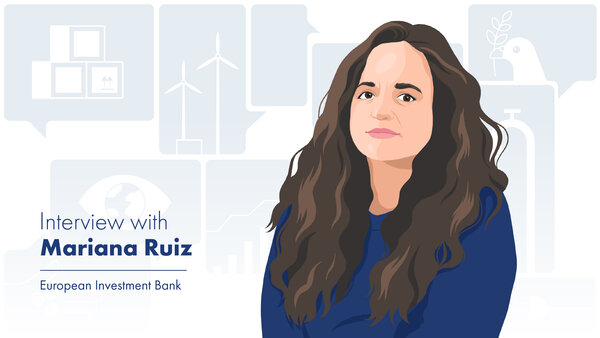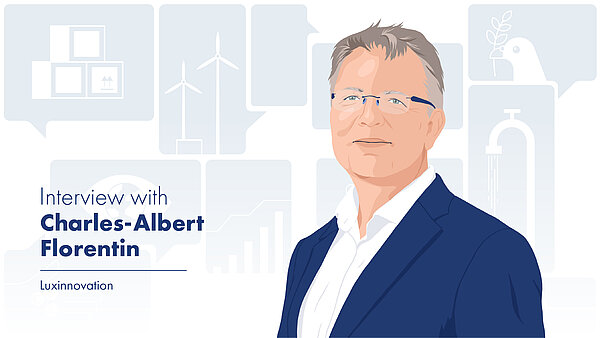
Are you curious to know how your financial choices can make a real contribution to the fight against climate change? Would you like to find out about the innovative initiatives that have been put in place in Luxembourg to promote sustainable finance? In this interview, Laetitia Hamon, Head of Sustainable Finance at the Luxembourg Stock Exchange, shares her ideas and experiences on these crucial topics. Read this interview to find out how you can make the difference and be an agent of change towards a more sustainable future.


![[Translate to English:] [Translate to English:]](/fileadmin/_processed_/6/2/csm_404_RSE_Elena_Fuzzi_Aude_Payan_KPMG__1__d37f342c7d.jpg)
![[Translate to English:] [Translate to English:]](/fileadmin/_processed_/7/7/csm_398_RSE_Nicoletta-Centofanti_LSFI_3f9d397fb3.jpg)

![[Translate to English:] [Translate to English:]](/fileadmin/_processed_/7/7/csm_350__RSE__Julien_Froumouth__ABBL_b0d4199dba.jpg)


![[Translate to English:] [Translate to English:]](/fileadmin/_processed_/f/0/csm_391_RSE_Falk_Fernbach_308f17aa1d.jpg)
![[Translate to English:] [Translate to English:]](/fileadmin/_processed_/5/4/csm_390_RSE_Johansson_Peters_4412aa2c2a.jpg)
![[Translate to English:] [Translate to English:]](/fileadmin/_processed_/6/7/csm_180__Portrait__Ekkehart_Schmidt_Interview_429e9ad3f8.jpg)
![[Translate to English:] [Translate to English:]](/fileadmin/_processed_/3/9/csm_383_RSE_Dr._Gaston_Trauffler_89640b105d.jpg)
![[Translate to English:] [Translate to English:]](/fileadmin/_processed_/a/8/csm_376_RS_1_87cc49315d.jpg)